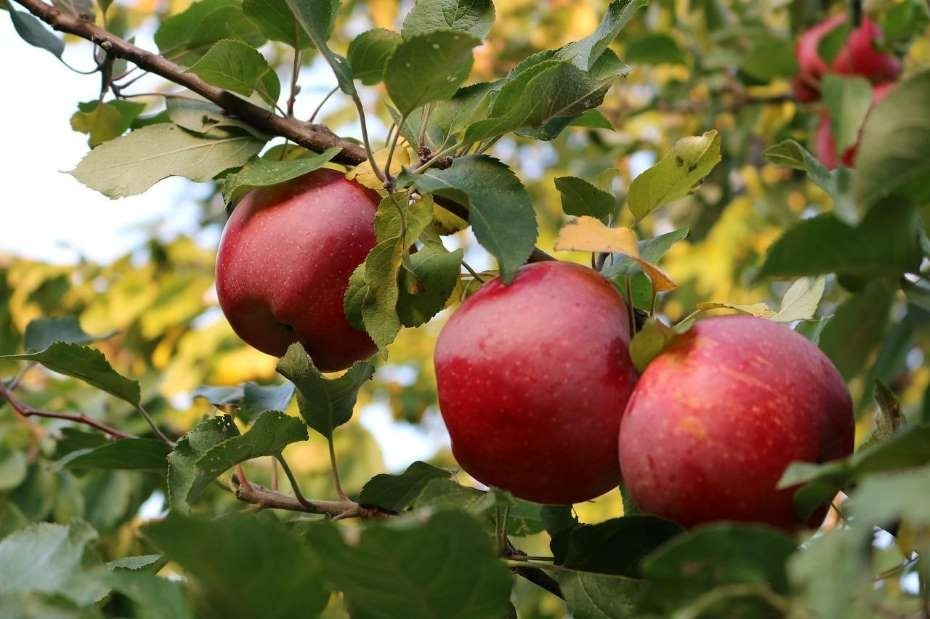
Organic Means No Synthetic Pesticides
Synthetic pesticides are not used in organic production. Instead, organic farmers take a holistic view of the farm, working with nature to prevent pest problems.
Keeping the soil healthy and active is one way to prevent many plant diseases. Rotating the types of plants grown on a field and maintaining biodiversity are key to keeping plants healthy since diverse populations are less likely to share the same diseases and pests. Biodiverse natural areas can also provide habitat for beneficial organisms that prey on pests.
Weeds - those plants growing where we don’t want them to grow - can be managed by tilling the soil, rotating crops, using cover crops that outcompete the weeds, and by covering the ground with mulches. Tillage can be hard on the soil and since organic farmers are focussed on building healthy soil, they try to minimize the impact by limiting the number of passes and the depth of tillage. Conservative mechanical cultivation is a more sustainable option than routinely spraying synthetic herbicides.
Prevention and mechanical control are the primary organic pest management strategies. However, if a pest outbreak occurs, organic farmers can use certain natural substances for direct control. Some examples of natural pesticides include botanicals derived from plants, microorganisms and microbial products, acetic acid, and mineral products like kaolin clay. Only substances permitted in the Canadian Organic Standard can be used and the farmer must keep a detailed record of product, rate and timing.
Many farmers switched to organic farming because they wanted to stop using harmful chemicals. They wanted to protect their own health and that of their families and employees. Without pesticides, the environment is healthier and there’s less risk of soil and water pollution, or harm to wildlife. Natural approaches to pest management are just a healthier option all round - for farmers, for the environment, and for you, the eater of food grown without pesticides.
If you’re concerned about the impact of synthetic pesticides on your health and the environment, you can feel good about choosing Organic: Food with Principles. Guaranteed.
Did You Know?
Canadian researchers are investigating new natural ways of protecting crops.
 Dr. Jason Gibbs (University of Manitoba) is exploring the benefits of providing flowering strips on field margins. (Spoiler alert: he found more than three times the number of ground beetles in the flower strips compared to grassy strips.)
Dr. Jason Gibbs (University of Manitoba) is exploring the benefits of providing flowering strips on field margins. (Spoiler alert: he found more than three times the number of ground beetles in the flower strips compared to grassy strips.)-
Dr. Simon Lachance (University of Guelph) is researching the use of naturally occurring saponins as pest management in organic greenhouses.
-
Dr Caroline Provost (CRAM) is looking at the potential of predatory bugs as biocontrol agents in strawberry crops.
-
Dr. Deborah Henderson (Kwantlen Polytechnic University) is researching a viral biopesticide to control caterpillar pests on organic brassica.
Read more in Organic Science Canada magazine (Spring 2021).
Did You Know?
The suffix -cide comes from the Latin caedere, meaning “to kill”.
In agriculture, the term pesticide can refer to a number of different pest killing compounds including:
- Herbicides - plants
- Insecticides - insects
- Fungicides - fungi (e.g. fungal diseases)
- Bactericides - bacteria
- Rodenticide - rodents
Curious about pesticides that are approved for use on your non-organic food, visit Eating with a Conscience